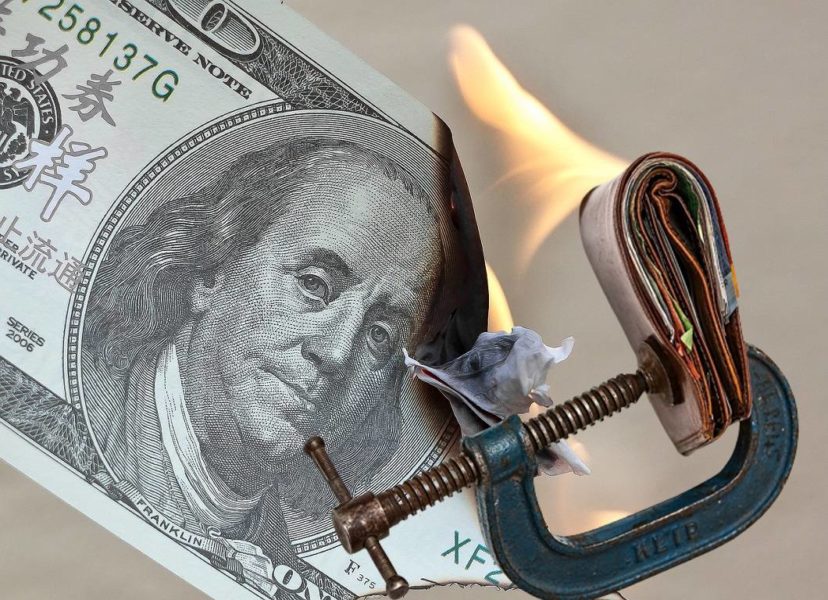Big oil and grocery chains are raking in record profits to the detriment of their customers
You may have heard the term “inflation” thrown around in the news and on social media, but what does it mean? And who benefits from it?
Inflation is a general increase in prices and costs over a period of time. It happens when the amount of money in circulation is not enough to buy the same amount of goods and services. This can cause problems for consumers, businesses, and governments. But not everyone is affected by inflation in the same way. Some people and groups benefit from it.
At its core, inflation is an increase in the prices of goods and services. As a result, more money is chasing the same amount of goods and services, increasing the cost of living. But who benefits from inflation? That’s a tricky question to answer. In theory, everyone should benefit from a little bit of inflation because the money they have saved will be worth more. But in reality, it’s not always that simple.
Some people benefit more than others from inflation. For example, creditors (lenders) tend to do well during periods of high inflation because it means they can earn more interest on their loans. And businesses that can raise their prices faster than the rate of inflation tend to do quite well, too.
How Does Inflation Happen?
1. When there’s too much money in the economy, it causes inflation because people will start spending more than they have.
2. If the cost of goods and services increases, that’ll cause inflation because people will have to pay more for the same things.
3. If the government prints more money, that’ll cause inflation because the new money won’t be worth as much as the old money.
Who Benefits From Inflation?
Usually, it’s the people who already have a lot of money. They can afford to pay more for things while everyone else struggles to keep up. For example, people who hold assets like stocks and bonds see their investments increase in value. And while we’re on the topic of investments, companies can charge more for their products, making a healthy profit when prices go up, such as fuel and groceries.
So what does this mean for the average person? Not much, unfortunately. Most of us are stuck paying more for the things we need while the people profiting from inflation get richer and richer. It’s not fair, but that’s how the world sometimes works. Inflation is even worse for people who are living on a fixed income. They see their purchasing power decline over time and can’t keep up with the rising cost of living. But for people who are in a position to take advantage of inflation, it can work in their favour.
How to Protect Yourself From Inflation
So how can you protect yourself from inflation? Here are a few tips:
1. Keep an eye on your spending. If you can, stick to a budget so you’re not wasting money on things you don’t need.
2. Invest in assets that will hold their value. Things like gold, silver, and platinum are always good choices.
3. Make sure you have a diversified portfolio. Spread your money among different investments, so if one falls in value, the others will make up for it.
4. Stay informed about what’s happening in the economy. The more you know, the better prepared you’ll be to make intelligent decisions about your finances.
The effects of inflation are complex and vary from case to case. Since the Industrial Revolution, the world has experienced a rapid increase in living standards. However, over time, living standards have decreased when inflation occurs. Protecting yourself from inflation is necessary if you want to maintain your current standard of living.
When purchasing goods or services, you should consider how much your money will buy in the future. For example, buying a car now costs more because parts will be more expensive in the future. Various factors can cause inflation, or deflation-when the cost of goods and services decreases- among businesses and consumers.
Another example is deflation when companies sell their products to consumers at low prices. Furthermore, when consumers reduce their spending on goods and services due to low wages or high debt loads, that’s also deflation. Therefore keeping an eye on these factors helps you keep inflation under control.
Consumers have the power to protect themselves from inflation; through a bit of education and understanding. However, when big corporations act in the interests of shareholders rather than consumers, they snatch power away from the consumer to their detriment, businesses, and families.









